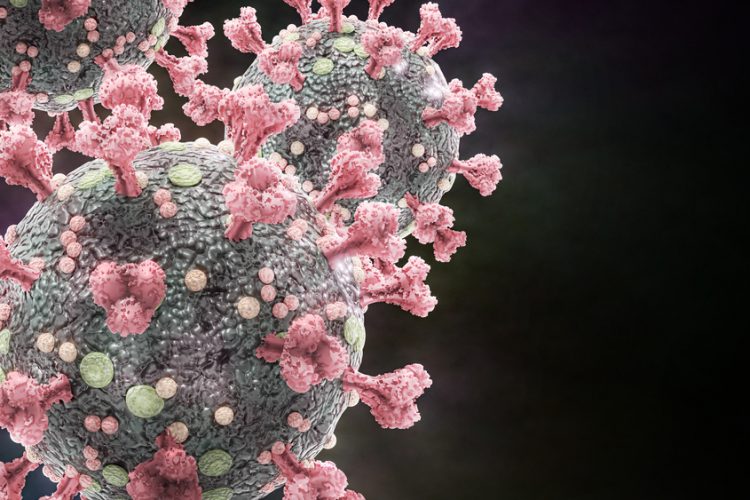LY6E identified as potential immunoprotein against SARS-CoV-2
Posted: 29 July 2020 | Victoria Rees (Drug Target Review) | No comments yet
A study has demonstrated that the LY6E protein inhibits SARS-CoV-2 infection in human cell cultures, so a drug mimicking it could be a therapy for COVID-19.


According to a new study, a protein produced by the human immune system can strongly inhibit coronaviruses, including SARS-CoV-2, the pathogen causing COVID-19. An international team from Germany, Switzerland and the US successfully showed that the LY6E protein prevents coronaviruses from causing an infection.
“This finding might lead to the development of new therapeutic approaches against coronaviruses,” said Professor Stephanie Pfänder from the Department for Molecular and Medical Virology at Ruhr-Universität Bochum (RUB), Germany, lead author of the study.
Pfänder, who was working at the Institute of Virology and Immunology in Switzerland, visited Charles Rice’s lab at Rockefeller University, US, in 2017 to identify genes that prevent coronavirus infections. “This led to the discovery that LY6E has the opposite effect on coronaviruses compared to influenza viruses,” explained Pfänder. Further investigations showed that the protein had this inhibitory effect on all analysed coronaviruses, including the pathogens causing severe acute respiratory syndrome (SARS) and Middle East respiratory syndrome (MERS), as well as SARS-CoV-2.
Tests with different cell cultures showed that LY6E affects the ability of the virus to fuse with the host cells. “If the virus is unable to fuse with these cells, it cannot cause infection,” said corresponding author Professor Volker Thiel from the University of Bern, Switzerland.
The validation in an animal model was conducted in collaboration with the laboratory of John Schoggins at the Southwestern Medical Center of the University of Texas, US. These experiments led to the discovery that the mouse variant of the protein called Ly6e is crucial for the protection of immune cells against infections. In the absence of Ly6e, immune cells such as dendritic cells and B cells become more susceptible to infection and their numbers decrease dramatically. Mice lacking Ly6e in immune cells are highly susceptible to a normally non-lethal mouse coronavirus and succumbed to infection.
The researchers emphasise that the mouse coronavirus used in the experiment differs significantly from the pathogen causing the current COVID-19 outbreak – for example, it causes hepatitis rather than respiratory disease. Nevertheless, it is widely accepted as a model for understanding the basic concepts of coronavirus replication and immune responses in a living animal.
“Our study provides new insights into how important these antiviral genes are for the control of viral infection and for an adequate immune response against the virus,” say the authors. “Since LY6E is a naturally occurring human protein, we hope that this knowledge will aid the development of therapies that may one day be used to treat coronavirus infections.”
The researchers conclude that a therapeutic approach that mimics the mechanism of action of LY6E may provide a first line of defence against novel coronavirus infections.
The study was published in Nature Microbiology.
Related topics
Disease research, Drug Targets, Protein, Proteomics, Research & Development, Targets
Related conditions
Coronavirus, Covid-19, Middle East Respiratory Syndrome (MERS), Severe Acute Respiratory Syndrome (SARS)
Related organisations
Rockefeller University, Ruhr-Universität Bochum (RUB), Texas University, University of Bern
Related people
Charles Rice, John Schoggins, Professor Stephanie Pfänder, Professor Volker Thiel


